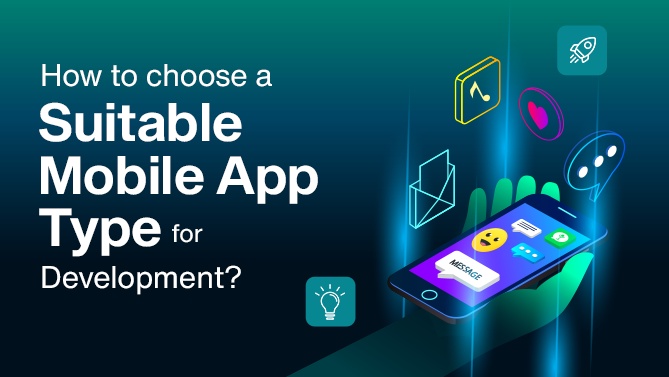What kind of mobile app do we build? is an inevitable question for anyone wishing to develop an app for their company. You can discover a company has a web app or a hybrid app, or you can learn about other brands who brag about how they created their native app from the ground up. However, what precisely do those terms mean? To help you make an informed choice, we will walk you through the distinctions between the three varieties and talk about their benefits and drawbacks along the way.
Mobile App Types by Technology
If we divide mobile apps by Mobile App Development Company in New York into three fundamental categories based on the coding technology, we have:
Native apps
Native apps are created especially for the operating system (IOS) of a mobile device. As a result, in addition to all the other platforms and devices, you can have native apps for iOS and Android mobile devices. You cannot combine apps from different platforms, such as using an iOS app on a Windows phone or a Blackberry app on an Android phone, because they are designed for a single platform.
Native applications by mobile app development company in USA have the benefit of being faster and more dependable in terms of performance due to their solitary focus. Compared to other kinds of mobile apps, they typically use the device's resources more effectively. A more optimized user experience is provided to users by native apps, which take advantage of the native device UI.
Additionally, native apps have access to a wide range of device functions like Bluetooth, phonebook contacts, camera roll, NFC, and more since they establish a direct connection with the device's hardware.
Web Apps
Web apps are accessible through your mobile device's web browser and function similarly to native apps. In the sense that you need to download and install code into your device, they are not standalone apps. These are responsive websites, meaning that they change their UI depending on the device the user is using. Most web apps that include an "install" option only bookmark the website URL on your device.
The progressive web app (PWA), which functions essentially as native software within a browser, is one type of web application.
Hybrid Apps
Then some apps are hybrid. These are online applications that have a native appearance and feel. Although they appear to be native web apps, they are responsive web apps with quick performance, a home screen app icon, and even offline functionality.
It is far quicker and less expensive to build a hybrid app than a native one. Therefore, a hybrid app may serve as a minimally viable product, demonstrating the feasibility of developing a native app. They also provide consumers with a consistent experience, load quickly, and are perfect for use in nations with slower internet connections. Lastly, there is a lot less code to maintain because they share a single code base.
Conclusion
It doesn't require platform or operating system customization because it is web-based. This lowers the cost of Mobile App Development Services. There's nothing to download, either. They make maintenance simpler since they don't occupy memory on your device as native apps do; instead, they can deliver updates instantly via the internet. Users don't need to download the update from the app store. Should you be in the process of constructing an app, you must decide on the kind of app you want to make. Certain elements will work best for one kind of software but not for another.


No comments yet